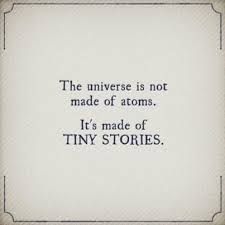Summer is the writer’s time to get out of our writing chairs and rooms and into the world. With longer days and warmer weather, summer offers a comfortable phase of the year to gain experiences and insights that we can bring to our writing now and the other seasons.
10 Ideas:
1. Unearth an old work, reread it, rework it, investigate solutions and apply what you find. Seek. As come August 1, September 1, and October 1 many literary journals begin accepting submission again. Be ready.
2. Spend time in nature. Write. Scrawl out poems along a mountain trail, stroll beaches and let the sand and sea speak to you, sit upon a rock and mesh with its geological essence, with a notepad and pen always within grasp.
3. Visit all the bookstores in your town, talk with the folks that sell or will sell your books, check-in how are they? Make contact.
4. Read part of your works-in-progress or a finished piece publicly: at an open mic, at the local bookstore, at a public event, coffee shop or group campfire. Share.
5. Sit at a sunny outside cafe soaking in the summer energy, making character sketches and expanding your characterization scope, take notes on passerby quirks, and document the summer smells and colors.
6. Meet new people. Meet new perspectives. And learn new ways of viewing the world, to incorporate into your stories.
7. Visit your summer farmer’s market and summer fairs, record over heard conversations, and document creative dress.
8. Take a trip, visit a new place, join a group or club outing, creating an opportunity for new experiences that can instigate new inspiration for writing.
9. Read, read, read! in a place that you can only read in the summer, outside on a porch or in a hammock, on top of a flat rock along the ocean. Read those titles you’ve stacked up over autumn, winter and spring, the Christmas and birthday presents, open the cover and dive in.
10. Attend a summer writers workshop or conference, summer is the time of expansion, opening!


